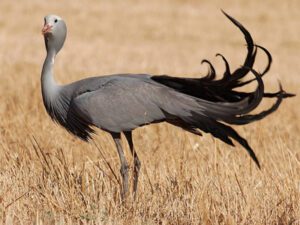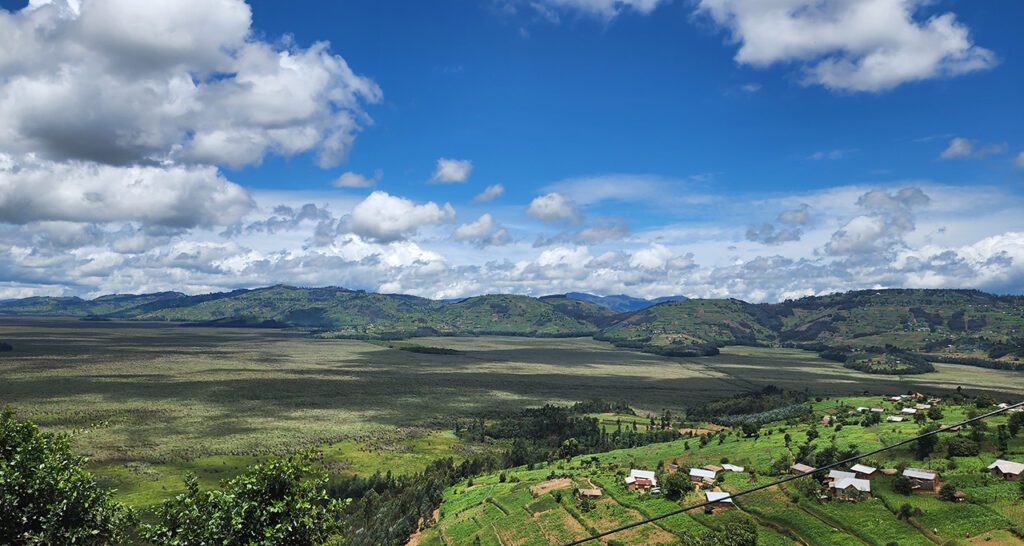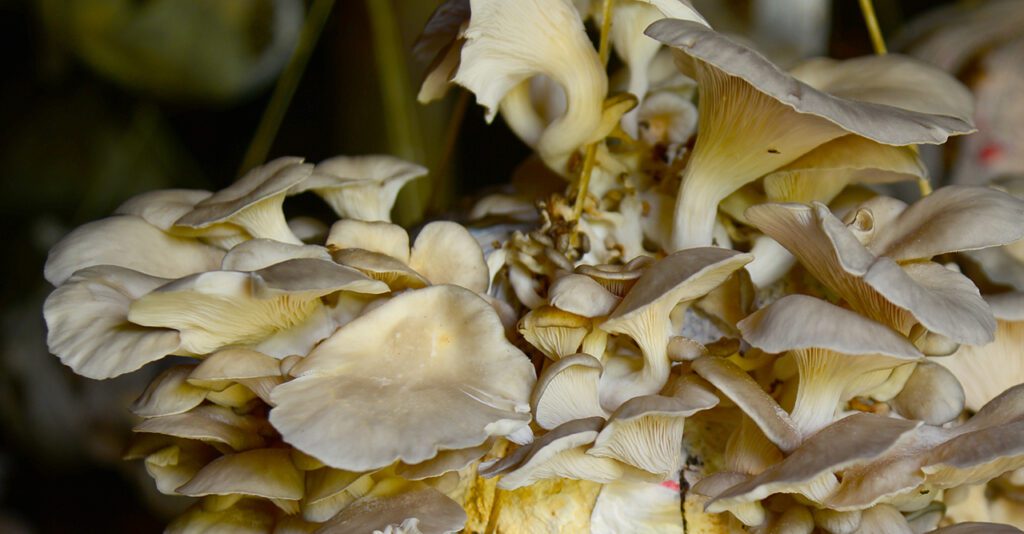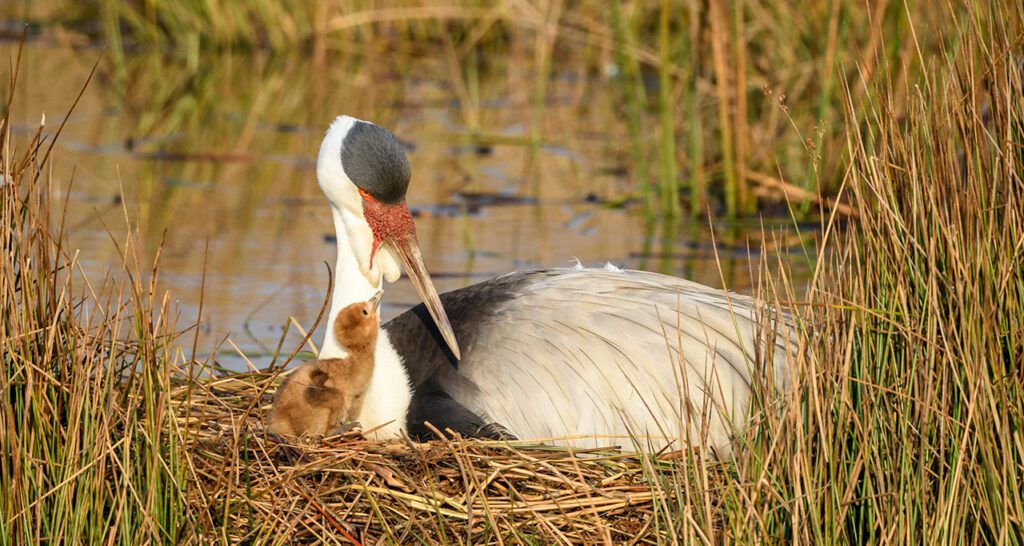The Endangered Wildlife Trust Responds to Blue Crane Mass Poisoning Allegations in South Africa
Earlier this week, media coverage of the possible poisoning of 200-1,000 Blue Cranes over a three-year period by a farmer in the Northern Cape of South Africa made headlines within the conservation community. ICF’s South Africa based partner The Endangered Wildlife Trust (EWT) responded immediately to these allegations by contacting the agency responsible for the official investigation and is assisting wherever possible. Please see below for EWT’s statement on the allegations.

EWT’s response to allegations of mass poisoning of Blue Cranes in the Northern Cape
The Endangered Wildlife Trust (EWT) was first made aware of the allegations that between 200 and 1,000 Blue Cranes had been poisoned by a farmer in the Northern Cape since 2012, on Friday, February 13, 2015. We immediately made contact with the Northern Cape’s Department of Environment and Nature Conservation who is conducting an official investigation into these allegations.
At this time, we cannot confirm or deny these allegations and are awaiting the conclusion of the investigation and the provision of supporting evidence. The EWT is assisting with, and supporting this investigation wherever possible. We also very strongly encourage any individual with information to work together with the Department in this investigation.
The EWT strongly opposes the illegal or irresponsible use of poisons and has spent more than 30 years working with landowners, farmers, farmworkers and chemical companies to reduce, and where possible eradicate the use of poisons in the environment. We fully support the prosecution of any perpetrators of irresponsible, unethical and illegal use of poisons, using the National Environment Management Act, relevant Provincial Ordinances and the Fertilizers, Farm Feeds, Agricultural Remedies and Stock Remedies Act as tools to achieve such justice.
We need to strongly emphasise that prosecution is however, only successful where investigations are carried out by authorities who are supported by the correct information and valid evidence required for a successful conviction. Tampering with evidence or withholding information can unfortunately result in wildlife crime cases being dismissed in court, or not resulting in convictions that match the crime committed.
The EWT is assisting wherever possible in the investigation. The EWT, in partnership with the International Crane Foundation, is also developing several methods of reducing the conflict between cranes and farmers that may arise due to real or perceived crop damage (click here to view our fact sheet on preventing Sandhill Crane crop damage in the United States) and encourages all those with information relevant to this case to report it to Leon Muller, Compliance & Enforcement Officer, Northern Cape Department of Environment and Nature Conservation, +27 82 330 5280.
Media Contacts: Kerryn Morrison, African Crane Conservation Programme Manager, Tel: +27 11 372 3600, Cell: +27 82 877 5126; Tanya Smith, Southern Africa Regional Manager, African Crane Conservation Programme, Tel: +27 33 330 6982, Cell: +27 82 394 7476


